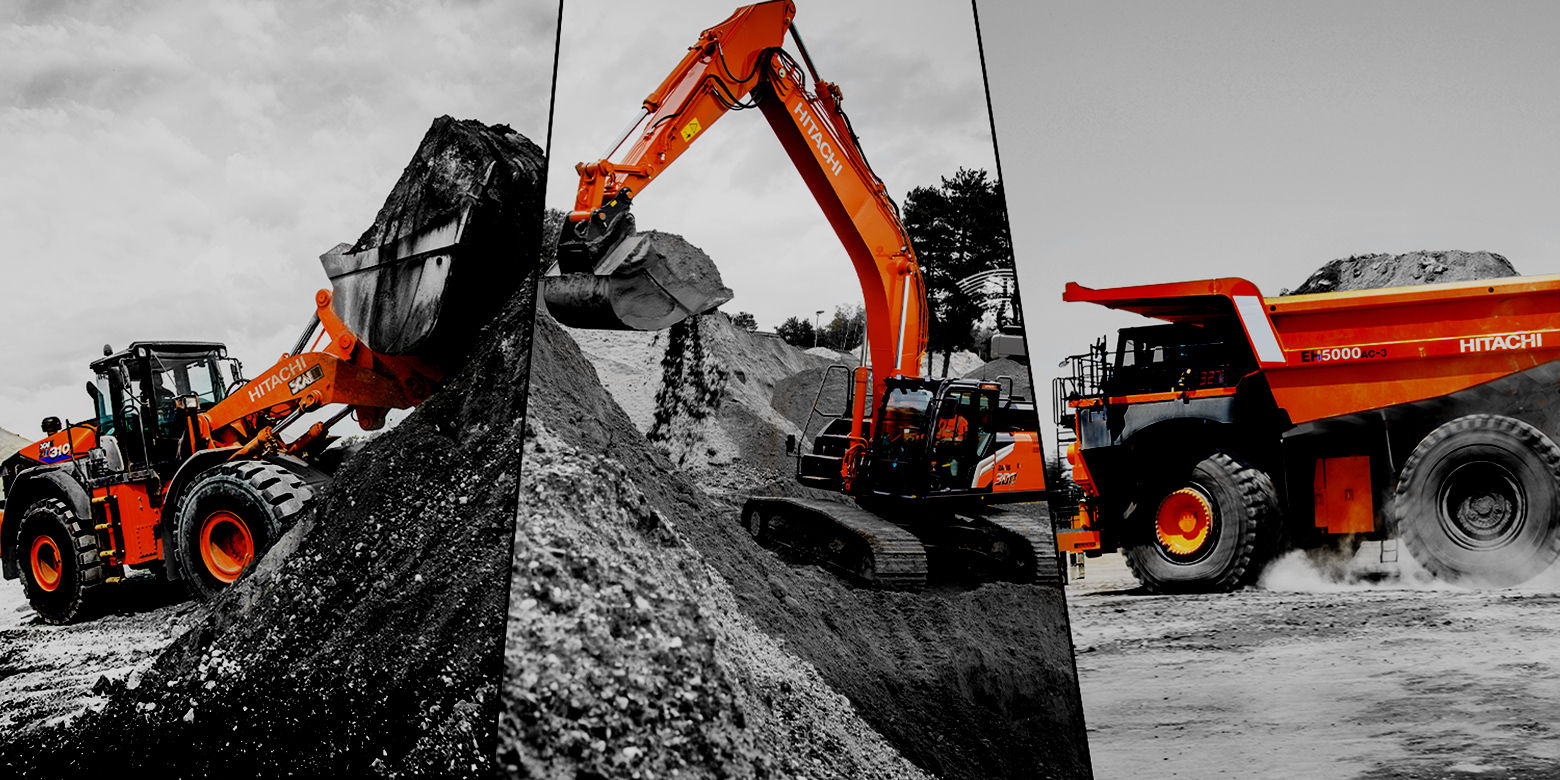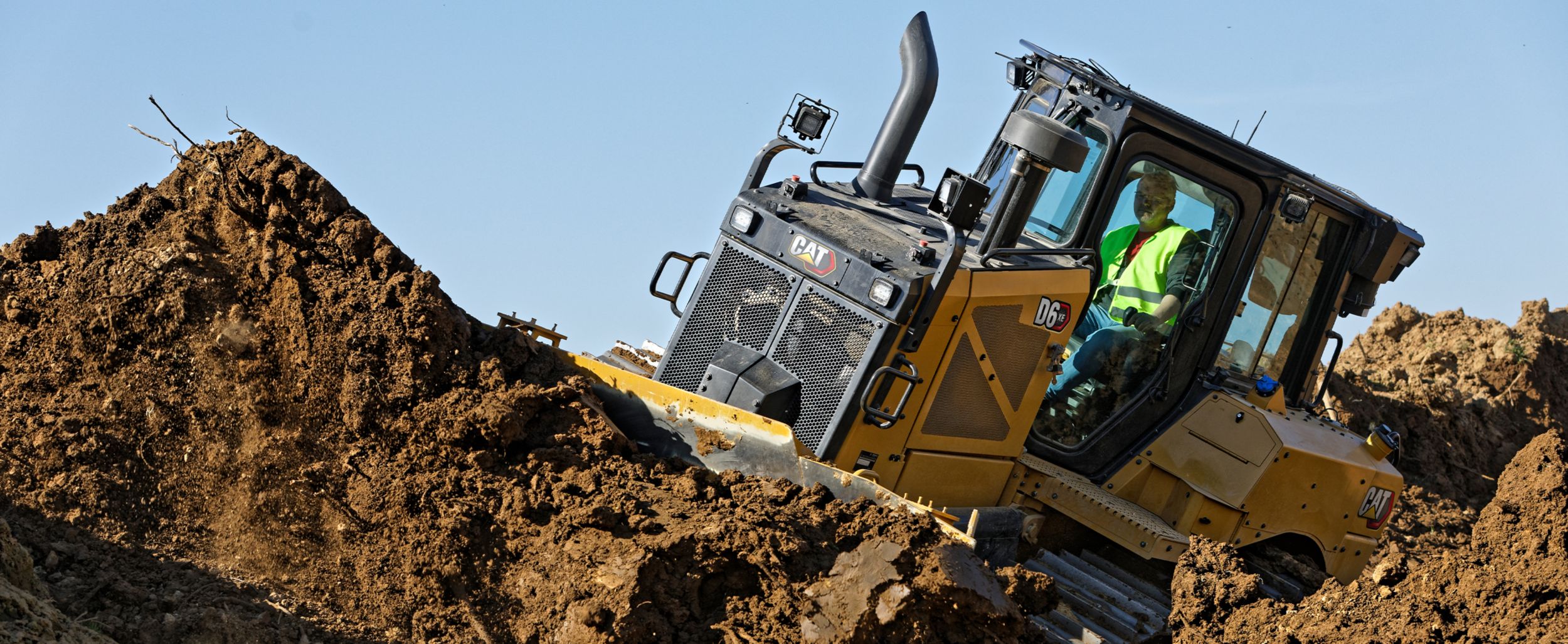Boom Lift Rental in Tuscaloosa, AL: Find Economical Options for Your Tasks
Boom Lift Rental in Tuscaloosa, AL: Find Economical Options for Your Tasks
Blog Article
Discovering the Financial Benefits of Renting Building Tools Compared to Having It Long-Term
The choice in between owning and leasing building and construction tools is pivotal for financial management in the market. Renting deals prompt expense financial savings and functional versatility, allowing firms to designate resources more successfully. Comprehending these nuances is necessary, particularly when considering just how they line up with specific task requirements and financial approaches.

Expense Comparison: Renting Vs. Owning
When evaluating the economic ramifications of possessing versus leasing building devices, a complete expense comparison is essential for making informed choices. The option between renting out and having can dramatically affect a firm's lower line, and comprehending the linked costs is crucial.
Renting out building tools normally involves reduced upfront prices, allowing companies to assign capital to various other functional requirements. Rental contracts frequently include flexible terms, allowing firms to accessibility progressed equipment without lasting commitments. This versatility can be especially advantageous for temporary tasks or varying work. However, rental expenses can gather in time, possibly surpassing the expense of possession if tools is needed for a prolonged period.
On the other hand, having building and construction tools requires a substantial initial investment, in addition to continuous prices such as depreciation, insurance coverage, and funding. While possession can lead to lasting financial savings, it additionally links up resources and might not supply the very same degree of adaptability as renting. Furthermore, owning equipment demands a dedication to its use, which may not always align with task needs.
Eventually, the decision to have or rent should be based upon a thorough evaluation of particular project demands, monetary capacity, and long-term calculated objectives.
:max_bytes(150000):strip_icc()/Balance_Must_Have_Earth_Moving_Construction_Heavy_Equipment_844586-c5b6ac9e5c074c11ad41e9acaea8f099.png)
Maintenance Responsibilities and expenses
The choice between renting and owning building devices not only involves financial factors to consider yet likewise includes ongoing maintenance expenses and responsibilities. Possessing tools calls for a considerable commitment to its upkeep, that includes regular assessments, fixings, and possible upgrades. These duties can swiftly build up, resulting in unexpected prices that can stress a spending plan.
In comparison, when leasing devices, maintenance is usually the responsibility of the rental firm. This setup enables specialists to prevent the financial worry related to damage, in addition to the logistical difficulties of scheduling repairs. Rental contracts frequently include arrangements for upkeep, implying that professionals can concentrate on completing tasks instead of worrying regarding devices condition.
Moreover, the diverse variety of devices readily available for rent makes it possible for companies to select the current designs with innovative modern technology, which can improve performance and productivity - scissor lift rental in Tuscaloosa, AL. By going with rentals, organizations can avoid the long-term responsibility of equipment devaluation and the linked maintenance headaches. Eventually, evaluating maintenance costs and duties is essential for making a notified choice concerning whether to rent or have building and construction equipment, considerably affecting general task prices and functional efficiency

Devaluation Effect on Possession

A significant element to think about in the choice to possess building and construction devices is the impact of depreciation on overall ownership prices. Depreciation stands for the decline in value of the devices with time, influenced by elements such as usage, deterioration, and improvements in technology. As equipment ages, its market price decreases, which can substantially impact the heavy duty forklift rental owner's monetary setting when it comes time to offer or trade the devices.
For building companies, this devaluation can equate to substantial losses if the tools is not made use of to its max potential or if it lapses. Owners have to represent depreciation in their economic forecasts, which can lead to greater overall prices compared to renting out. Additionally, the tax obligation implications of devaluation can be complicated; while it might offer some tax obligation benefits, these are often countered by the reality of lowered resale value.
Ultimately, the worry of devaluation highlights the importance of recognizing the long-lasting economic commitment entailed in owning building and construction equipment. Business should thoroughly review how usually they will certainly utilize the tools and the potential monetary influence of depreciation to make an informed choice concerning ownership versus leasing.
Economic Flexibility of Leasing
Renting out building and construction equipment uses substantial financial flexibility, enabling companies to assign resources a lot more effectively. This flexibility is specifically essential in a market defined by rising and fall project needs and varying workloads. By opting to rent, companies can prevent the significant resources expense needed for acquiring equipment, preserving capital for various other functional demands.
In addition, renting out tools makes it possible for firms to customize their tools selections to details task needs without the long-term commitment connected with ownership. This means that businesses can easily scale their equipment inventory up or down based upon existing and awaited job demands. Subsequently, this adaptability minimizes the danger of over-investment in machinery that may come to be underutilized or out-of-date gradually.
One more financial benefit of renting out is the capacity for tax obligation advantages. Rental repayments are typically thought about business expenses, allowing for immediate tax obligation deductions, unlike depreciation on owned and operated tools, which is spread over several years. scissor lift rental in Tuscaloosa, AL. This prompt expenditure recognition can further boost a business's cash placement
Long-Term Job Considerations
When reviewing the long-lasting demands of a my explanation construction organization, the decision in between renting and possessing equipment comes to be much more intricate. look at here now For jobs with extensive timelines, acquiring equipment may seem useful due to the possibility for lower general expenses.
In addition, technical advancements position a significant consideration. The building market is progressing quickly, with brand-new devices offering boosted performance and safety and security attributes. Renting out permits firms to access the most up to date modern technology without devoting to the high in advance expenses related to acquiring. This versatility is especially useful for services that deal with diverse projects calling for various types of equipment.
In addition, economic stability plays a crucial duty. Having equipment usually involves significant resources investment and depreciation worries, while leasing allows for even more predictable budgeting and cash money circulation. Ultimately, the option between leasing and owning needs to be aligned with the critical objectives of the building and construction company, considering both anticipated and existing project needs.
Conclusion
In final thought, leasing construction devices supplies significant monetary benefits over long-term ownership. Inevitably, the decision to rent instead than very own aligns with the dynamic nature of building projects, allowing for versatility and accessibility to the newest devices without the economic problems connected with possession.
As tools ages, its market worth reduces, which can substantially affect the owner's monetary position when it comes time to offer or trade the tools.
Renting building and construction devices supplies considerable economic adaptability, allowing business to allot sources extra effectively.In addition, leasing tools allows companies to tailor their devices options to certain job demands without the lasting dedication connected with possession.In conclusion, renting building equipment offers significant financial benefits over lasting ownership. Inevitably, the choice to lease rather than own aligns with the dynamic nature of building and construction projects, permitting for versatility and access to the newest tools without the economic burdens connected with possession.
Report this page